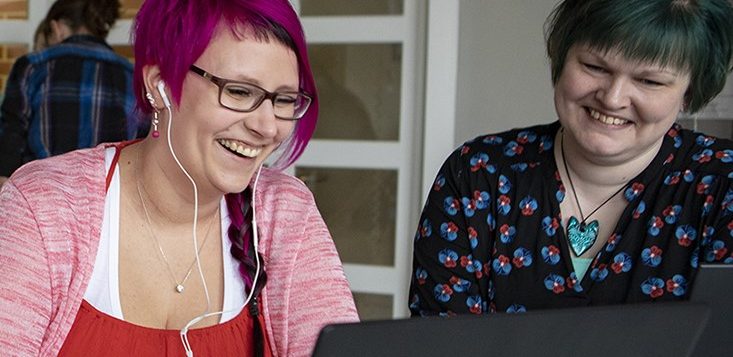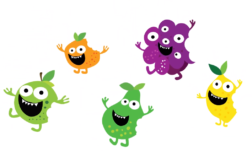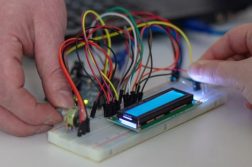Bioeconomy and clean solutions are key in Finland. The Bioeconomy Engineer Degree Programme in Häme University of Applied Sciences (HAMK) supports the objectives by educating technical professionals who are specialized in the bio- and circular economy, working in natural resource environments. The degree programme is largely based on the Industry 4.0 model, which, in addition to the know-how of future technologies, brings applied digital basic skills.
First, we lead with basic studies in the bio- and circular economy, followed by engineer studies
Crucially, the educational process for the Degree Programme in Bioeconomy Engineer has strong cooperation between the two units in the HAMK Forssa campus, with Bioeconomy and Technology Unit teachers, as well as regional business cooperation with industry actors. Eight-week study modules are always aimed at finding the ‘red thread’ and compiling tasks that bring together issues to be learned. Typically, these are collaborative with projects or companies, such as process visualization, building of 360 environments, or design and implementation of a measuring sensor in a real environment.
In the first year, new students will become conversant with the bio and circular economy, theoretically and practically. In addition to the basic processes and value chains of the bioeconomy, the fundamentals include the basics of programming and robotics, video production, website implementation, and data analysis methods. Students construct ePortfolios to demonstrate their expertise as their own professional identity grows. Students practice in modules in several HAMK Bioeconomy Campuses. The second year begins with a deeper familiarity of the circular economy and then continues to focus on technology.
Business cooperation and sponsors
There is a lot of teamwork training and close cooperation with regional companies. Project work and collaboration will be a natural way of operating from the very beginning and will provide the capacity for future working life. Long-term corporate co-operation is built on with the sponsoring companies; they promote the knowledge of working life and the students’ professional growth in sponsored groups. Collaboration is tailored with the company and may include, visits, student mentoring, and project topics for study modules. Also, work placement opportunities and thesis topics can be offered by these companies.
Ms. Katja Pouta, a Bioeconomy Engineering student, has been very excited about business cooperation related to studying:
“This is a really good thing. I am studying in a new degree program, so we students can already market this degree programme and our know-how to companies. We are going to work in companies soon. I did not have previous experience of the bioeconomy or technology, so it’s great, if I can already, during my studies, get the merits I have gained from many kinds of practical assignments for companies. It is really valuable capital for me.”
Katja has been involved in cooperation with Envor Group Oy and Stera Technologies Oy.
A group of three students regularly took samples at Envor’s biogas plant; the students have also learned how to use and maintain the sampling equipment. Katja was assigned to streamline the purchasing process at Stera:
“I observed the buyer’s work and interviewed staff at the same time. I then made the process visible by drawing a flowchart on MS Visio which is used in our studies, and in addition, I will work out the points to optimize and automate that process.
Students can also suggest collaborative networks themselves. Katja has collaborated with Hyvinkää Lämpövoima Oy through an acquaintance. The company is profiled as a circular economy company and participated in the FRUSH Circular Economy Event https://frush.fi/frush-circular-economy-event-for-startups-and-growth-enterprises/english/ organized at HAMK campus in Forssa in August of 2018. Katja has also been involved in organizing the FRUSH event. At the same time, the company became aware of the Degree Programme in Bioeconomy Engineer, and this triggered new projects for our students. A few fellow students have already been awarded summer jobs in the field through company cooperation during their studies.
Translation in English: Ms. Satu Suoranta, Education Assistant, HAMK Bioeconomy Unit



